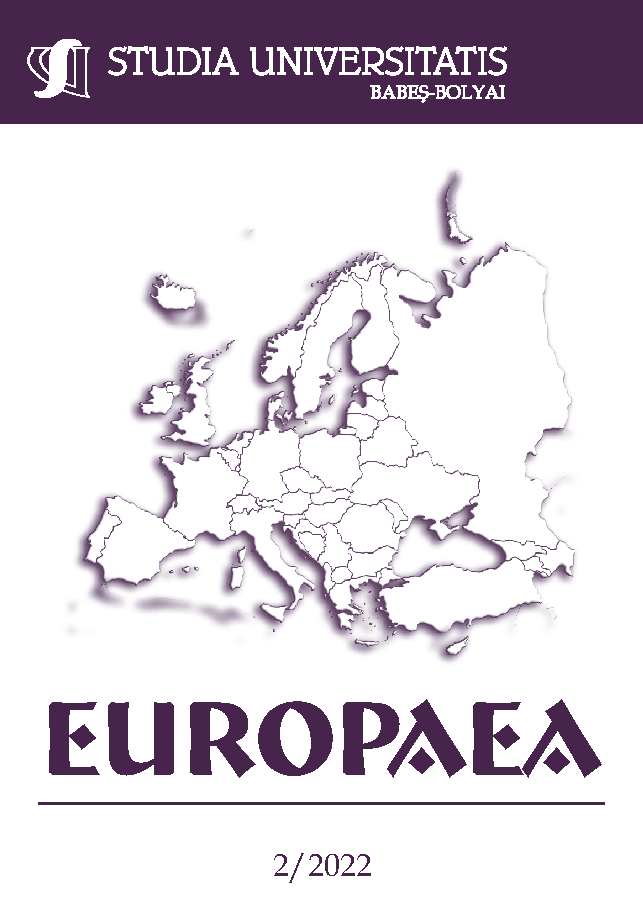A POSTMODERNIST CRITIQUE OF THE INTERNATIONAL COMMUNITY’S RESPONSE TO THE GENOCIDE IN RWANDA: HOW THE UN’S RHETORIC CONTRIBUTED TO HUMANITARIAN FAILURE
A POSTMODERNIST CRITIQUE OF THE INTERNATIONAL COMMUNITY’S RESPONSE TO THE GENOCIDE IN RWANDA: HOW THE UN’S RHETORIC CONTRIBUTED TO HUMANITARIAN FAILURE
Author(s): George Horațiu BonteaSubject(s): International relations/trade, Studies in violence and power, Peace and Conflict Studies
Published by: Studia Universitatis Babes-Bolyai
Keywords: Rwandan Genocide; humanitarian intervention; discourse analysis; United Nations; postmodernism;
Summary/Abstract: The gruesome savagery displayed during the events in Rwanda astounded the entire world. Even more outrageous is the fact that the international community did not have a strong response to the massacre and allowed millions of lives to be affected by the actions of Akazu. In this essay, I wish to propose that, drawing on the notion that postmodernist international theory's metanarratives can be created inside the framework of international politics, I look at a horrific incident that shocked the public. This study aims to address the issue, "Why was the rhetoric of the United Nations potentially fueling the brutality of the Rwandan genocide?" to demonstrate that the international community's rhetoric played a significant role in these sad events. All of them point to the fact that the way we classify and prioritise humanitarian situations can be considerably influenced by a international organisation with accepted authority in the international community. We saw the construction of a "Rwanda Civil War" metanarrative that only showed one side of the conflict before collapsing in the face of the terrible truth of what had actually occurred.
Journal: Studia Universitatis Babes-Bolyai - Studia Europaea
- Issue Year: 67/2022
- Issue No: 2
- Page Range: 81-99
- Page Count: 19
- Language: English

